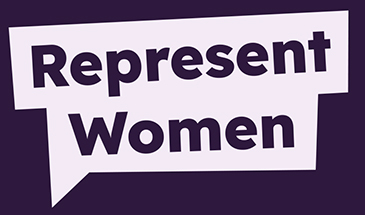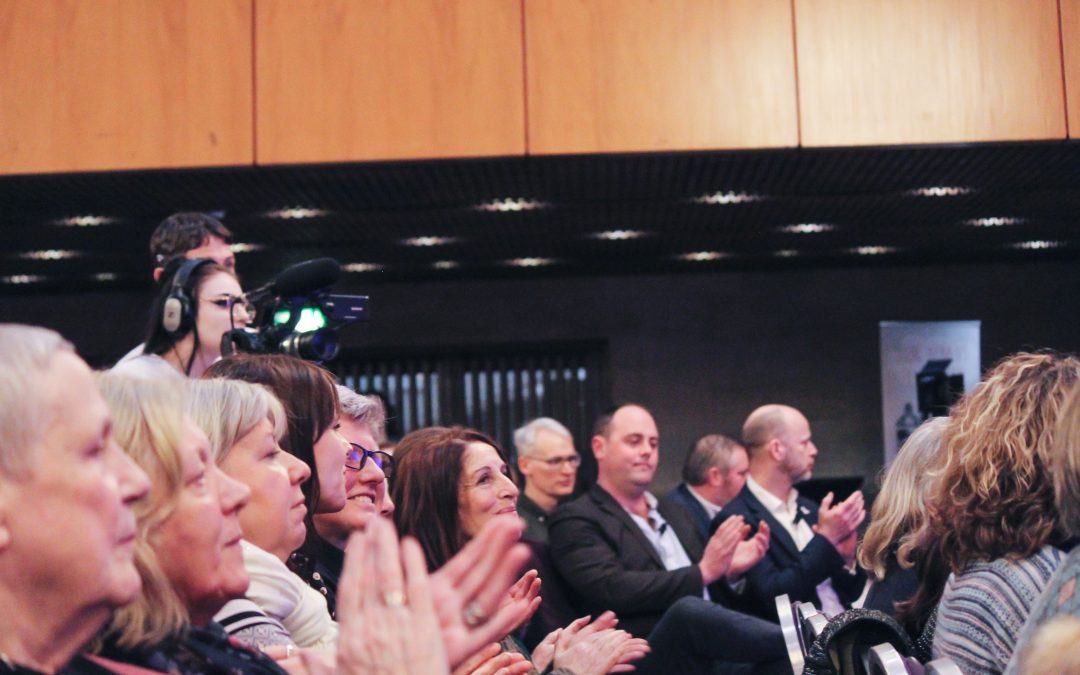The local elections in May and the General Election in July have brought significant changes to the political landscape of the North-East. With 27 elected MPs and 755 Local Councillors, it’s crucial to analyse the gender representation among these elected officials. This article highlights the importance of equal representation, provides practical advice on influencing politicians, and offers support opportunities for women to get more involved in politics.
Gender Breakdown of MPs and Councillors
- England: 41% Women MPs, 41% Women Councillors
- North-East: 59% Women MPs, 42% Women Councillors
- Tees Valley: 20% Women MPs, 38% Women Councillors
- NE & TV: 44% Women MPs, 41% Women Councillors
Interesting Statistics
- Labour Party: In 6 out of 12 Local Authority areas, more women were elected as councillors than men.
- Green Party: In 2 out of 12 Local Authority areas, more women were elected as councillors than men.
- Conservative Party: In 0 out of 12 Local Authority areas, more women were elected as councillors than men.
- Liberal Democrats: In 0 out of 12 Local Authority areas, more women were elected as councillors than men.
Why Does 50:50 Representation Matter?
Elected representatives make decisions on our behalf, and having a balance of experiences is crucial. Research shows that two-thirds of voters believe more women should be elected as MPs. States with higher political power for women are less likely to go to war and commit human rights abuses. However, barriers such as media harassment, caring responsibilities, and confidence issues still exist.
How to Influence Local Politicians
- Find Your Representatives: Use the UK Parliament website to find MPs and local council websites to find councillors.
- Attend Surgeries: Meet MPs and councillors face-to-face during their surgeries.
- Engage with Committees: Identify which committees your representatives are part of and approach them with relevant issues.
- Join Campaigns: Get involved with national and local campaigns, think tanks, or lobby groups.
- Follow on Social Media: Stay updated on your representatives’ activities and beliefs.
- Engage with PCCs: Find your Police and Crime Commissioner and participate in their surveys.
Getting More Women Elected
- 50:50 Parliament: Works with all political parties to support women in politics through #AskHerToStand and #SignUpToStand programs.
- ElectHer: Offers workshops and support for women at every stage of their political journey.
- Local Government Association (LGA): Provides resources for those considering becoming councillors.
- Party-Specific Support: Each major party has groups dedicated to supporting women, such as Conservative Women, Green Party Women, Labour Women’s Network, and Liberal Democrat Women.
Conclusion
Equal representation in politics is essential for balanced decision-making and a healthier democracy. By understanding the current landscape and actively participating in political processes, we can work towards a more inclusive and representative political system.
Footnotes
- Accurate as of 16/07/2024
- Labour and Cooperative members are grouped with the Labour Party.
- Some local authorities had all-out elections, meaning every incumbent councillor was up for election.
- North-East includes Northumberland, North Tyneside, Newcastle, South Tyneside, Gateshead, Sunderland, Durham, Darlington, Hartlepool, Middlesbrough, Redcar and Cleveland, Stockton on Tees.

